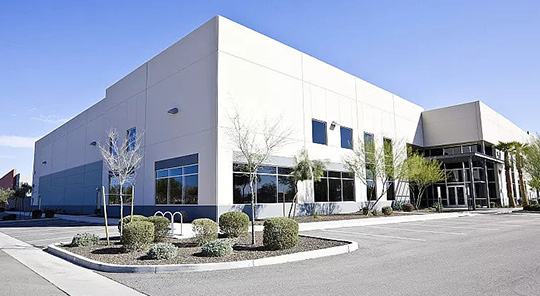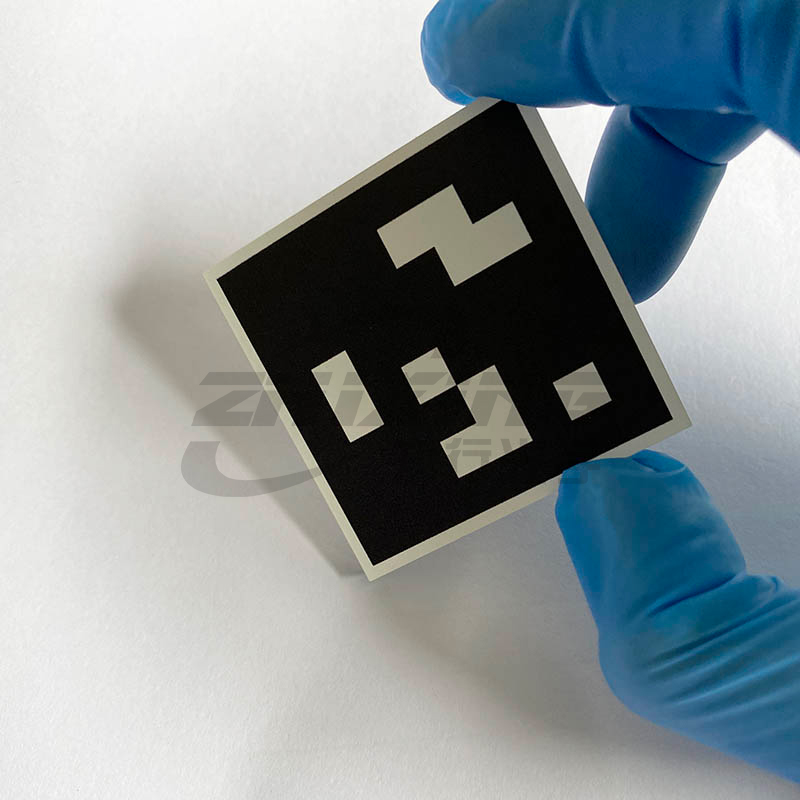Usage of calibration board
A calibration board is a tool used for camera calibration, which can help us accurately measure camera distortion and internal and external parameters, thereby improving image quality and accuracy. This article will introduce the usage of calibration boards to help readers better understand and apply this tool.
1�、 Selection of calibration board
When selecting a calibration board, we should consider the following factors:
1. Plate quality: The calibration plate should be made of high-quality materials to ensure its flatness and stability.
2. Calibration board size: The size of the calibration board should be selected according to actual application needs, and commonly used sizes include 10 × 10cm, 20 × 20cm, etc.
3. Number of grid points on the calibration board: The more grid points on the calibration board, the higher the accuracy of the calibration results, but it also increases the difficulty of calibration.
2��、 Placement of calibration boards
Before calibrating the camera, we need to place the calibration board within the camera's shooting range and keep it flat. Here are some precautions for placing calibration boards:
1. The distance should be moderate: The calibration board should be placed within the camera's shooting range, and the distance from the camera should be moderate to ensure the accuracy of the calibration results.
2. Angle should be aligned: The calibration board should be aligned with the camera lens to avoid tilting or rotating.
3. Uniform lighting: When shooting the calibration board, ensure that the lighting is evenly distributed to avoid shadows or overexposure.
3����、 Shooting of calibration board
After placing the calibration board, we can use a camera to capture the calibration board. Here are some tips for shooting calibration boards:
1. Adjust the focal length: When shooting the calibration board, the camera's focal length should be adjusted according to actual needs to ensure that the grid points on the calibration board are clear and visible.
2. Multi angle shooting: In order to obtain more accurate calibration results, we can shoot calibration boards from different angles and directions to cover more information.
3. Multiple image shooting: In order to improve the accuracy of calibration, we can take multiple images of the calibration board and then fuse them to obtain more accurate calibration results.
4、 Data processing of calibration board
After completing the shooting of the calibration board, we need to perform data processing on the captured images to obtain camera distortion and internal and external parameters. Here are some steps for data processing:
1. Extract corner points: Firstly, we need to extract the coordinate information of the corner points from the image of the calibration board, which are the basis for calibration.
2. Calculate distortion parameters: By correcting the extracted corner points for distortion, we can calculate the camera's distortion parameters, such as radial distortion and tangential distortion.
3. Calculate internal and external parameters: By using the distortion corrected corner coordinates, we can calculate the camera's internal and external parameters, including the camera's focal length, principal point coordinates, and rotation matrix.
5����、 Evaluation of calibration results
After completing the calibration, we need to evaluate the calibration results to ensure their accuracy and reliability. Here are some methods for evaluating calibration results:
1. Re projection error: The accuracy of calibration is evaluated by applying the calibration results to a new image and calculating the re projection error.
2. Visual effect: Evaluate the reliability of calibration by observing the effect of applying calibration results to the image.
3. Practical application: Apply the calibration results to practical applications, such as 3D reconstruction or machine vision tasks, to evaluate the effectiveness and stability of calibration.
The calibration board is an important camera calibration tool, and by using it correctly, we can obtain accurate camera distortion and internal and external parameters, thereby improving image quality and accuracy. I hope this article's introduction can help readers better understand and apply calibration boards. |









